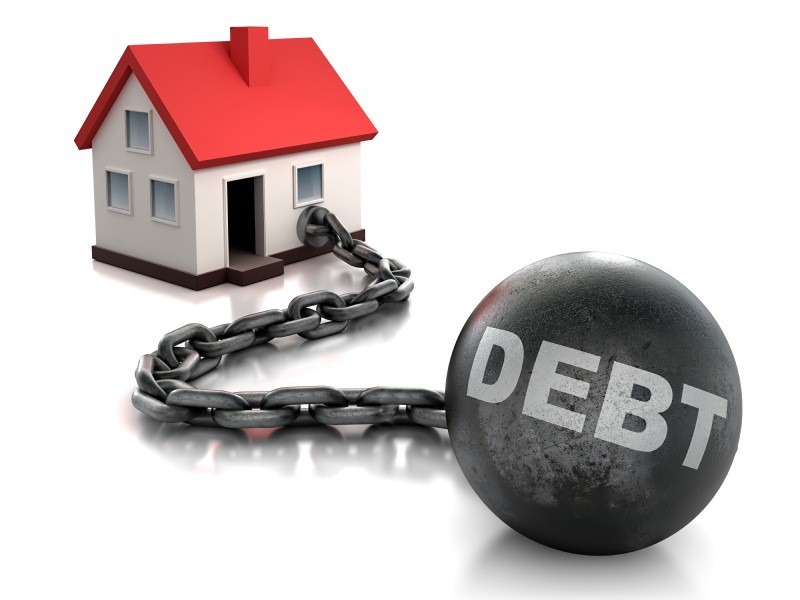Too Much Debt?
Did you know that the average Canadian has approximately $27,000 in consumer debt (as of 2013), not including mortgages? Statistics Canada also reports that the total debt, including mortgages, has climbed to 165.75% of disposable income in the third quarter of 2013, meaning Canadians end up owing $1.66 for every $1 they earn in income.
In November, the International Monetary Fund once again warned that Canadian household debt is too high. If this trend continues, it may not be long until further lending restrictions are introduced making mortgages harder to obtain.
Certainly, the largest portion of this debt is mortgage debt. However, credit card debt also makes up a significant part of Canadian debt. Huffington Post reported that according to the Harris/Decima survey, half of Canadians with credit card balances say they often or always carry a balance. The survey also found that one in twenty are buried in so much credit card debt, they’re worried they will never be able to pay it off.
Here are some other interesting statistics gathered by Human Resources and Skills Development Canada:
- In 2011, 122,999 Canadians were unable to repay their debts. The average amount owed was $119,021.
- About 53% of Canadians filing a proposal or bankruptcy in 2011 were aged 30 to 49 years.
- Individuals who were divorced or separated were more likely to file a proposal or bankruptcy than Canadian adults on average.
- The most frequent type of debt reported by individuals filing a proposal or bankruptcy was credit card debt (91%)
How to Prevent Too Much Debt
The key is not to spend the money you do not have. However, it may be easier said than done with all those high credit limits available. One strategy promoted by Gail Vaz-Oxlade, a personal finance guru, is Credit Free Fridays. The Credit Free Friday campaign urges consumers to pay with their debit card or cash one day a week, a habit that can force you to consider the financial impact of each purchase.
How to Manage Existing Debt
 The goal is to pay off the debt faster and to save on interest charges. With the average credit card interest rates hovering around 20% it will take over 4 years and nearly $40,000 to pay off $27,000 debt, assuming minimum monthly payments of 3% of outstanding balance. One solution is repaying more than the required minimum payments, provided that it can be afforded. If cash flow is tight, then debt consolidation may be the best option. You can especially benefit if you own a home with over 20% equity. Then you can use a low interest mortgage to pay off high interest credit card debt. The comparison chart illustrates that, with identical monthly payments, the $27,000 debt will be paid off much faster and will save you over $10,000 through the use of debt consolidation!
The goal is to pay off the debt faster and to save on interest charges. With the average credit card interest rates hovering around 20% it will take over 4 years and nearly $40,000 to pay off $27,000 debt, assuming minimum monthly payments of 3% of outstanding balance. One solution is repaying more than the required minimum payments, provided that it can be afforded. If cash flow is tight, then debt consolidation may be the best option. You can especially benefit if you own a home with over 20% equity. Then you can use a low interest mortgage to pay off high interest credit card debt. The comparison chart illustrates that, with identical monthly payments, the $27,000 debt will be paid off much faster and will save you over $10,000 through the use of debt consolidation!

